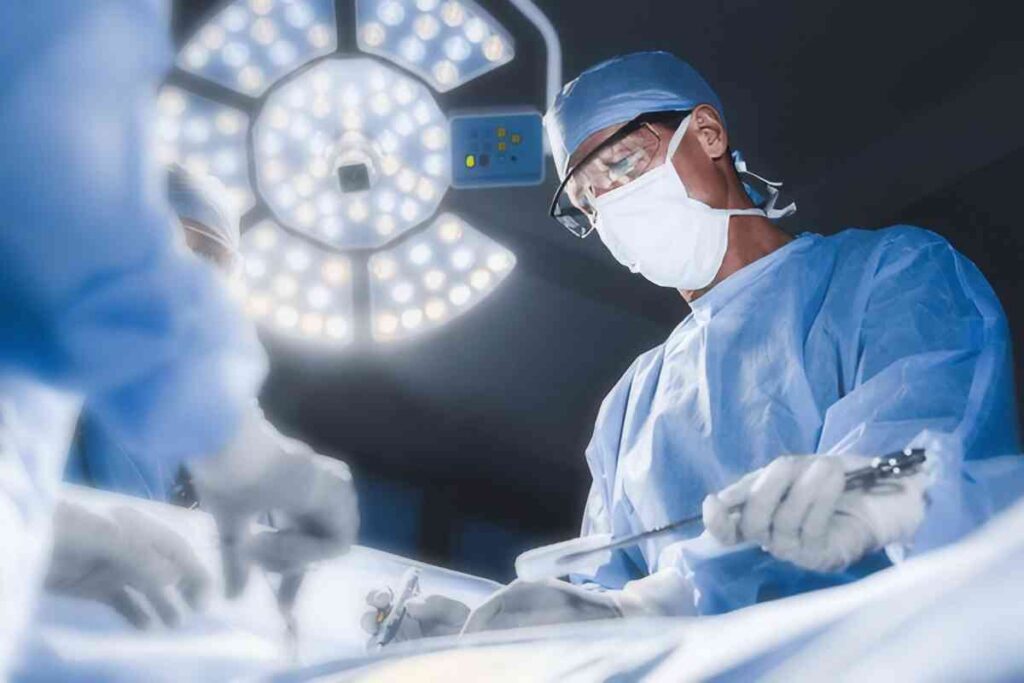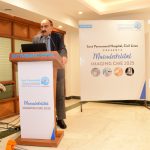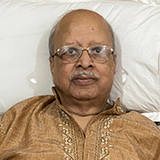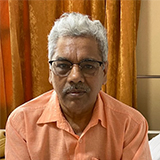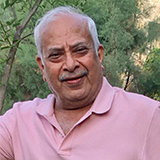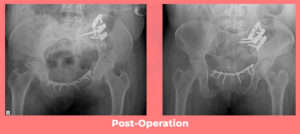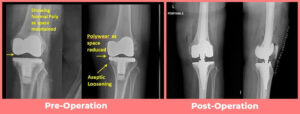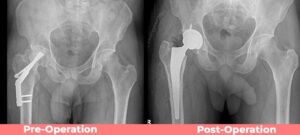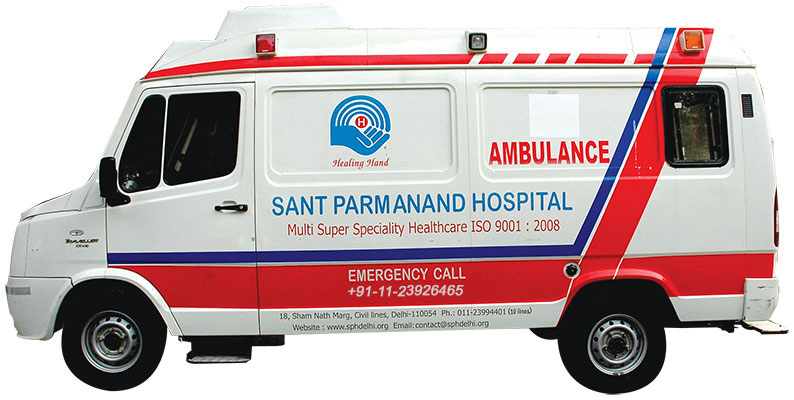Do you, or someone you know, have a deformed part of the body and are looking for a solution to restore its normal appearance or function, or even both? The person may require reconstructive surgery – a specialised branch of surgery aimed at improving quality of life by restoring form and function.
Whether caused by trauma, congenital abnormalities, or diseases like cancer, this type of surgery helps individuals regain both functionality and self-confidence.
Common Irregularities That Require Reconstructive Surgery
Physical deformities present at birth that may require reconstructive surgery include cleft lip and palate, ear deformities like constricted ears, and microtia, where procedures like autogenous ear reconstruction are used to rebuild the external ear. Other common issues for which individuals approach top reconstructive surgeons may include deformities of the hands, upper limbs, skull and face, and certain types of birthmarks that they want removed.
With increasing rates of accidents and illnesses, many reconstructive plastic surgeries address issues that develop later in life, including the aftermath of cancer treatments, traumatic injuries, conditions such as nerve compression syndromes (like carpal tunnel), paralysis due to nerve injuries, arthritis that limits mobility and causes pain, and benign growths such as ganglions.
Reconstructive Treatments at Sant Parmanand Hospital
Our reconstructive surgeries that are carried out by experienced surgeons, are focused on helping people regain function and comfort after injury, illness, or surgery. The team treats a range of issues, some present at birth, and others that develop over time.
The most common areas we deal with include:
- Burn reconstruction
For patients with serious burns, we offer surgical treatment to repair damaged skin and improve movement. Depending on the injury, skin grafting or tissue reconstruction may be advised by the doctors.
- Oral and maxillofacial conditions
This covers problems involving the face, mouth, or jaw that could have been caused by trauma or at birth. Our team performs surgeries that restore structure and support normal function.
- Vascular reconstruction
In some cases, blood vessels may be injured or narrowed. This procedure can help improve the circulation or manage complications caused by poor blood flow.
- Reconstructive urology
Some urological problems, especially after surgery or trauma, may need surgical correction. These are handled in close coordination with our urology team.
- Gynaecological reconstruction
We also treat women who may need support after gynaecological procedures, especially in cases involving tissue loss, scarring, or post-cancer recovery.
- General reconstructive surgery
This includes surgical repair after accidents, infections, or tumour removal. In each case, the goal is to restore form and ease movement.
What Sets the Best Reconstructive Surgeons Apart?
By addressing a wide range of issues, reconstructive surgery helps individuals improve their overall quality of life, which is why it is important to find the best reconstructive surgery doctors in Delhi like the ones at Sant Parmanand Hospital.
Beyond educational qualifications, key criteria to consider when choosing a reconstructive surgeon include:
- Experience and specialisation
- Hospital affiliations and credentials
- Patient outcomes and reviews
- Communication and compassion
Reconstructive Treatments at SPH
The Department of Reconstructive and Plastic Surgery, headed by Dr S.C. Sood at Sant Parmanand Hospital, has some of the top reconstructive surgeons in Delhi, offering state-of-the-art treatment that meets the highest international standards. The Centre routinely performs a wide range of advanced cosmetic and plastic surgery procedures, including highly specialised and technically demanding ones.
One of the standout initiatives at the hospital is the Smile Train programme, which provides free treatment for children with cleft lip and cleft palate. So far, the team has successfully completed over 250 free surgeries, giving countless children a chance at a normal life.
In terms of surgical milestones, the department achieved a breakthrough by successfully re-implanting two fingers in a single patient—a testament to their advanced microsurgical abilities, including the precision to connect blood vessels smaller than 0.5 mm in diameter.
Beyond reconstructive procedures, the department also offers a wide range of cosmetic surgeries, including face and nose reshaping, breast surgeries, liposuction, tummy tucks, and Botox therapy.
All procedures are performed in dedicated operating theatres built to international specifications. These theatres are equipped with:
- Laminar flow systems to significantly reduce infection risks
- State-of-the-art computerised navigation equipment for enhanced surgical accuracy
- Advanced implant technologies, including high-flexion implants for joint-related procedures
- Together, these facilities, the team’s expertise, and a patient-first approach ensure both safety and excellence in every case.
Postoperative
Recovery Journey
While each recovery journey is unique, here are some general tips often recommended by experts to support healing:
- Take your medications on time. Follow your doctor’s instructions carefully for both pain relief and any other prescribed medicines.
- Complete the full course of antibiotics, if prescribed, to prevent infection.
- Use ice responsibly. Apply cold packs as directed, always with a cloth barrier to protect your skin. Icing can help reduce swelling and discomfort.
- Eat light meals in the initial 1–2 days following surgery to ease digestion.
- Stay hydrated. Drinking enough water supports tissue healing and overall recovery.
- Monitor your body temperature. Contact your doctor immediately if it rises above 38°C or if you feel feverish.
Patients are also encouraged to reach out to their care team with any concerns during the recovery phase. The hospital’s commitment to patient safety and comfort continues well beyond the operating room.
FAQs
Are post-surgery recovery plans offered by the surgeons?
Yes, Delhi reconstructive surgery specialists at Sant Parmanand Hospital, ensure that the patients receive clear and individualised post-surgery recovery instructions, tailored to the specific procedure performed.
Which type of doctor performs plastic surgery?
Plastic surgery is performed by plastic surgeons, who are specially trained in both cosmetic and reconstructive procedures.
What are the popular types of reconstructive surgeries in Delhi?
Common reconstructive procedures include breast reconstruction following mastectomy, facial reconstruction after trauma or oncologic surgery, hand surgery to restore function, and skin grafting for the treatment of complex wounds.
How do the best reconstructive surgery doctors in Delhi ensure safety?
Best plastic and reconstructive surgeons in Delhi assure safety through a combination of specialised training, board certification, state-of-the-art surgical facilities, strict infection control protocols, and a strong focus on individualised care.
Can reconstructive surgery fix scars or burns in Delhi?
Yes, reconstructive plastic surgery Hospitals in Delhi, like Sant Parmanand Hospital, is one of the top centres for procedures that provide treatment for scars and burn scars, in the city.
What qualifications define the best reconstructive surgery doctors?
To be qualified in reconstructive surgery, a doctor should have an MBBS, followed by MS or MD, and then specialised training like MCh or DNB in Plastic Surgery. Many also complete fellowships and must be registered with the State Medical Council.
Are post-surgery recovery plans offered by top Delhi doctors?
Post-surgery recovery plans provided by the leading doctors and surgeons are tailored to each patient’s needs and may include physical therapy, pain management, nutritional guidance, and emotional support.





